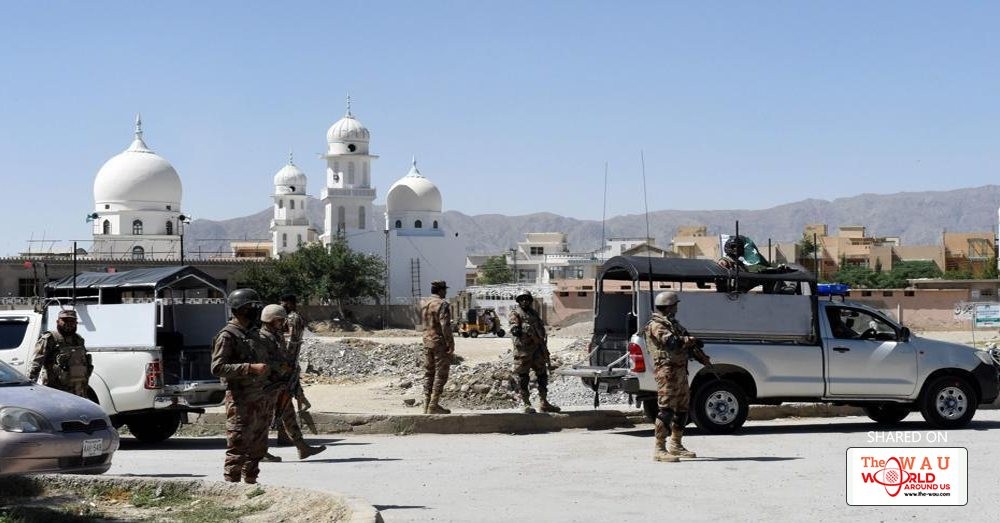China’s state media and Islamabad have blamed South Korean missionaries for the abduction and murder of two Chinese nationals in Pakistan, accusing them of misguiding the duo into preaching Christianity in a region influenced by radical Islam.
In the new narrative, the media just stops short of blaming the two for their deaths though last week Islamic State claimed the killings.
And, as expected, “Indian and Western media” are criticised for exaggerating the impact of the murders on China-Pak relations.
Pakistan’s interior ministry on Monday identified the murdered Chinese as Lee Zingyang, 24, and Meng Lisi, 26 – the first piece of information about the two who were abducted in late May from Quetta, the capital of restive Balochistan province.
Though Lee and Meng entered the country on business visa, they were “engaged in preaching” in Quetta, Pakistan said.
“Instead of engaging in any business activity, they went to Quetta and under the garb of learning (the) Urdu language from a Korean national ... were actually engaged in preaching,” the ministry said in a statement.
The murders caused alarm in the growing Chinese community in Pakistan, which is central to the China’s ambitious One Belt, One Road initiative. The centerpiece of the new Silk Route plan, the China-Pakistan Economic Corridor, passes through insurgency-hit Balochistan.
The ministry statement didn’t say if the Korean was from North or South Korea but Chinese media was quick to blame South Korean preachers.
An editorial in the state-run Global Times said the killings were likely the outcome of a conflict between South Korean missionary agencies and local terrorists.
“The atrocity committed by Islamic State is appalling. But it cannot drive a wedge between China and Pakistan, nor will the construction of the CPEC be disrupted.”
The nationalistic tabloid went to warn that China could find itself getting entangled in overseas terrorism as “South Korean missionaries are allegedly recruiting Chinese people to preach in Muslim countries”.
The two were allegedly brought to Pakistan by a South Korean Christian organisation to conduct missionary work, it said.
A separate Global Times report said the kidnapped couple was part of a group of 13 Chinese nationals brought to Quetta in November by a South Korean who runs a school.
Language education was merely a front for conducting religious activities, the Shanghaiist website quoted the Global Times report as saying.
The effort -- by Pakistani and Chinese sides -- it seemed, was to absolve the security apparatus of failing to ensure the security of the two young Chinese.
The Global Times said experts were concerned about South Korean Christian groups proselytizing people in atheist China and Muslim countries “where such activities are forbidden and may even result in death sentences”.
“Apart from recruiting young people in China, South Korean missionaries send teenagers to conduct missionary activities in Muslim countries, and compared to Chinese, more South Koreans have been killed abroad due to risky missionary activities in conservative Islamic regions,” the tabloid quoted an unnamed university student as saying. The student, it said, had participated in several South Korean underground missionary events.
“Some Chinese voluntarily join in the dangerous missionary activities in countries like Pakistan, Afghanistan and Iraq after being converted by South Koreans,” the student said.
But the incident will not impact the “iron friendship” between China and Pakistan, the Global Times editorial said, accusing Indian and Western media of exaggerating the impact of the incident.
“They aim at badmouthing and disrupting China-Pakistan economic cooperation by linking the terror act caused by religious conflict to the political and economic cooperation between the two countries,” it said.
Share This Post















